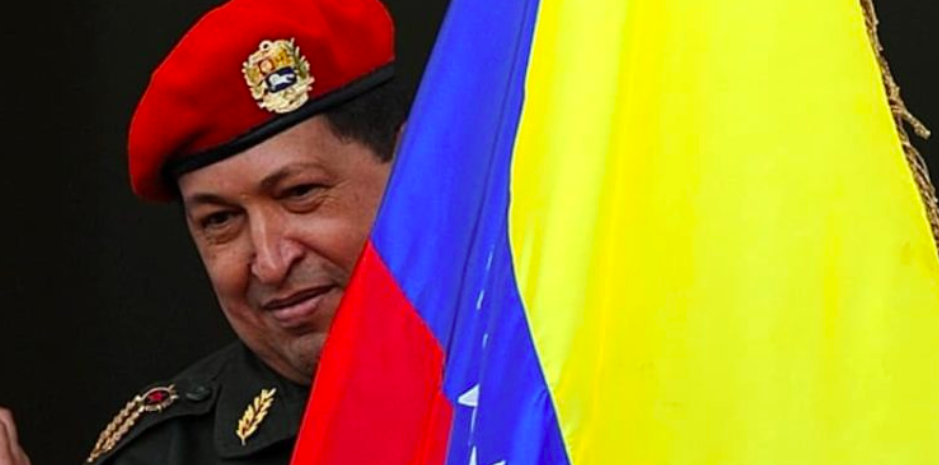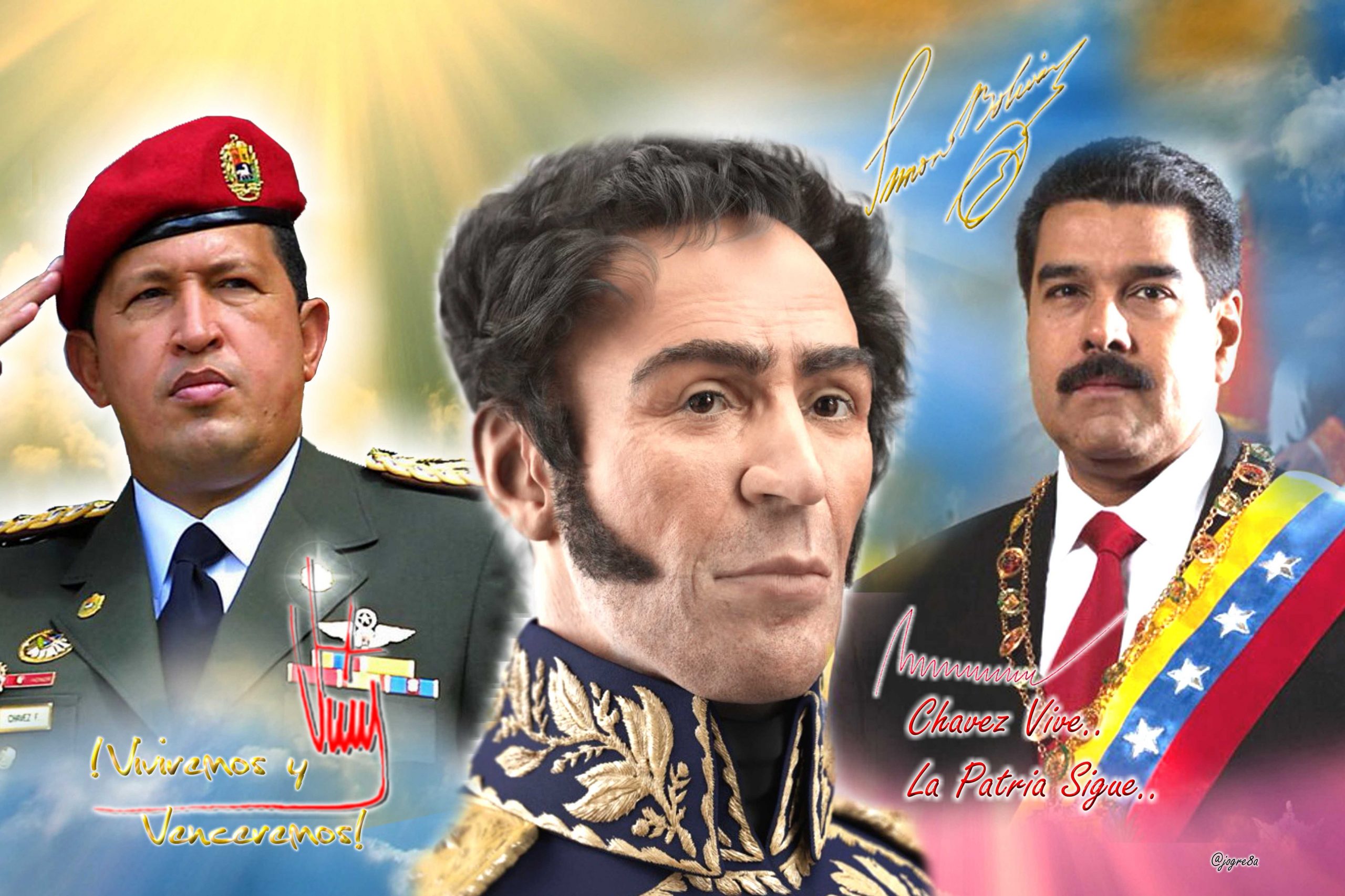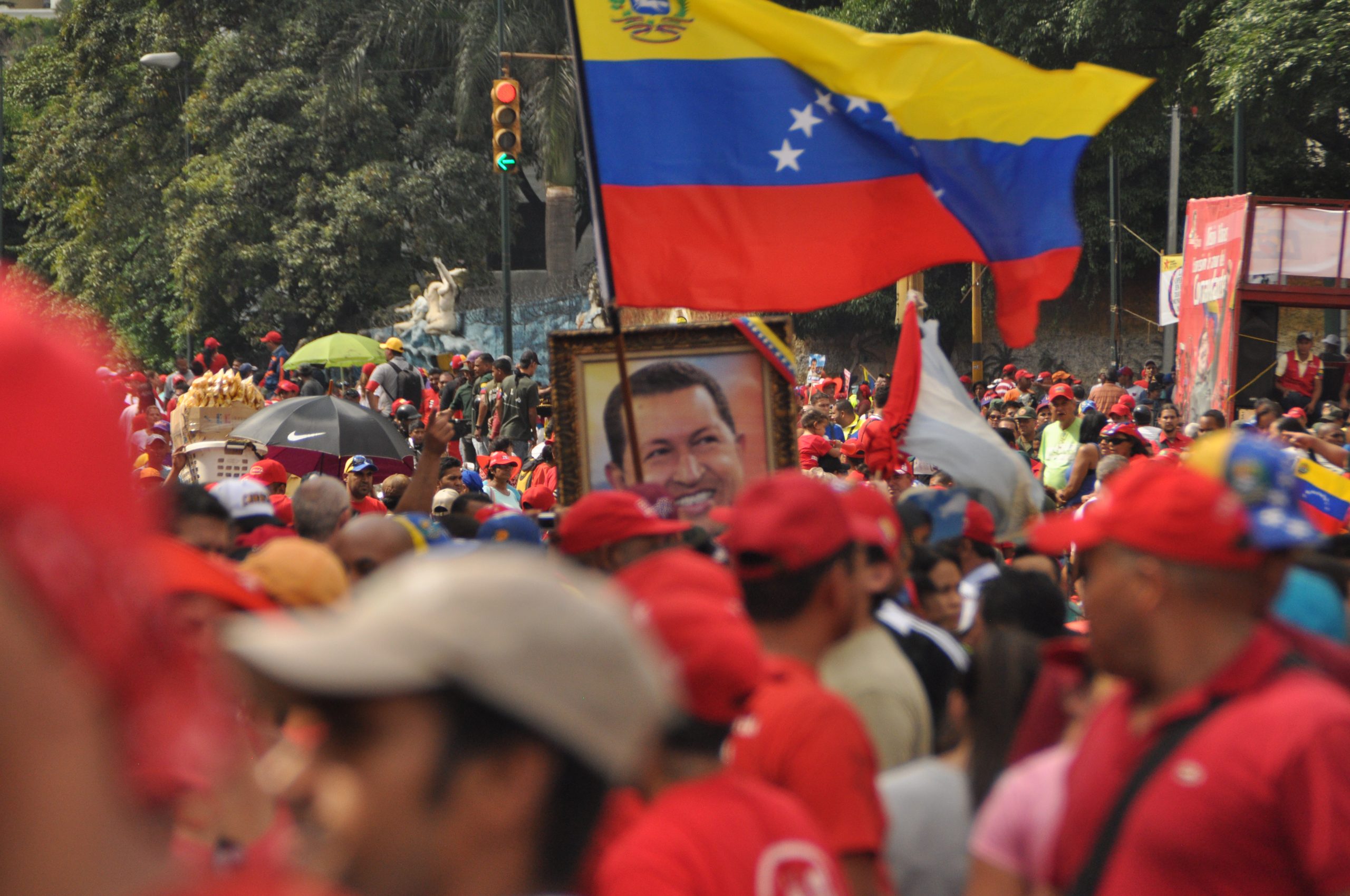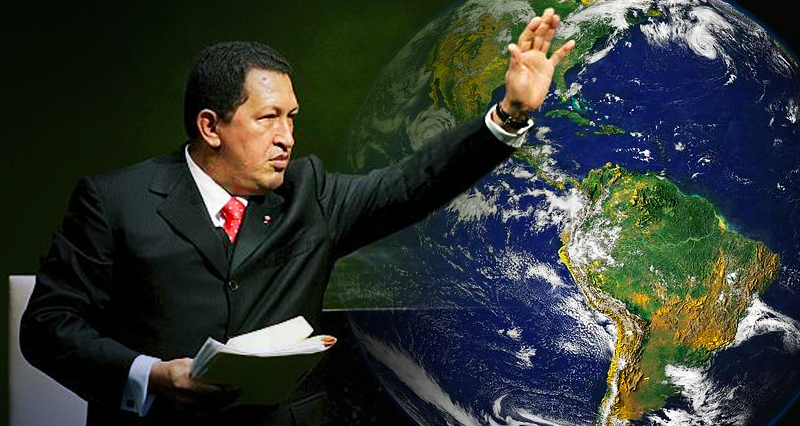Historic lies of the Spanish monarchy and contemporary ones of US Presidenty Obama. “We will not make the great future we are looking for, If we do not know the great past we had.” Commandante Hugo Chávez January 15, 2006 By Sergio Rodriguez Gelfenstein A few weeks ago, I listened to a press conference and an interview with Jorge Rodríguez. ...
By Geraldina Colotti If history is not reduced to a museum, dates and anniversaries remind of the struggle of the oppressed classes, which have built or suffered its courses and resources. If history is not reduced to parody, it celebrates moments and figures who interpreted its meaning by anticipating leaps and ruptures and adds new pages to the book of ...
The leading world powers convened between November 1884 and February 1885 in the city of Berlin, invited by France and Great Britain and organized by the Chancellor of Germany, Otto von Bismarck, to organize the division of Africa. A few years later, in May 1916, through the Sykes-Picot Agreement, Great Britain and France did the same in Western Asia and ...
By Jose Gregorio Bracho Reyes Ambassador of the Bolivarian Republic of Venezuela in Türkiye Ten years after the physical disappearance of Hugo Chávez Frías, it is worth analyzing the impact of his political actions in order to become fully aware that the Commander is by no means absent from Latin American geopolitics and by extension, of global scenarios, to the ...
March 5 marks the 10th anniversary of the “physical departure” of Hugo Chávez, as his passing away is called in Venezuela and wide parts of Latin America. United World International author Sergio Rodríguez Gelfenstein, who served as Director of International Affairs in the Venezuelan Presidency during Chávez’ government, has given an interview to the Spanish edition of Sputnik news agency ...
By Omar Hassaan Fariñas* The Congress of Vienna was undoubtedly one of the most important diplomatic processes in the history of international relations. After the overthrow of the French Emperor in Leipzig in 1813 and finally in Paris in March 1814, the “four great powers” (England, Prussia, Russia and Austria) negotiated with Bourbon France the future of the European continent ...

















